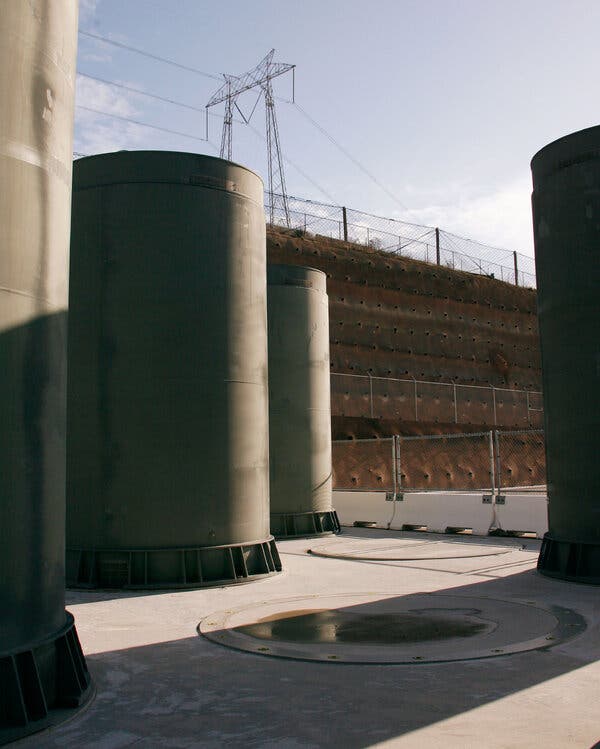URGENT UPDATE: During the annual United Nations climate conference in Belém, Brazil, California Governor Gavin Newsom has sparked a significant debate by advocating for a revival of nuclear power. His remarks, made earlier this month, highlight a critical shift in perception about nuclear energy as a vital component of America’s “low-carbon green growth strategy.”
Newsom’s comments come at a pivotal moment as discussions around energy production intensify. Nuclear energy, long viewed with skepticism, is now seen as essential in combating climate change. States like New York and major companies, including Google, are actively pursuing nuclear options to reduce dependence on fossil fuels.
California’s current laws effectively prohibit the construction of new nuclear plants, a stance dating back to 1976 when an influential anti-nuclear movement led to regulations halting any new permits until the federal government addresses nuclear waste issues. This law has left California at a standstill while other states, particularly those with ongoing moratoriums, grapple with the challenges of transitioning to cleaner energy sources.
Newsom’s comments underscore the urgent need to reassess these restrictions. Despite California’s ambitious climate goals, including a mandate to achieve 100% carbon-free electricity by 2045, the state is poised to close its last operational nuclear plant, raising questions about the feasibility of relying solely on renewable sources like solar and wind.
As the climate crisis escalates, experts warn that eliminating greenhouse gas emissions without incorporating nuclear energy may prove difficult. Newsom’s remarks may serve as a catalyst for change, encouraging lawmakers to reconsider existing bans on nuclear power.
Newsom’s advocacy aligns with a growing consensus that nuclear energy can play a pivotal role in energy independence and environmental sustainability. The push for nuclear power is not just about energy; it affects economic growth, job creation, and the fight against climate change.
What happens next? Discussions at the UN conference could influence policy changes across states still hosting nuclear moratoriums. With the increasing urgency for sustainable energy solutions, states may soon be compelled to revisit their laws regarding nuclear power.
As climate discussions continue, Newsom’s remarks are likely to resonate across the nation, sparking renewed debate on energy strategies. The future of nuclear power in California—and potentially across the United States—hangs in the balance as stakeholders weigh their options in the face of a changing climate.
Stay tuned for further developments as this story unfolds and the discussions at the UN continue to shape energy policies worldwide.
